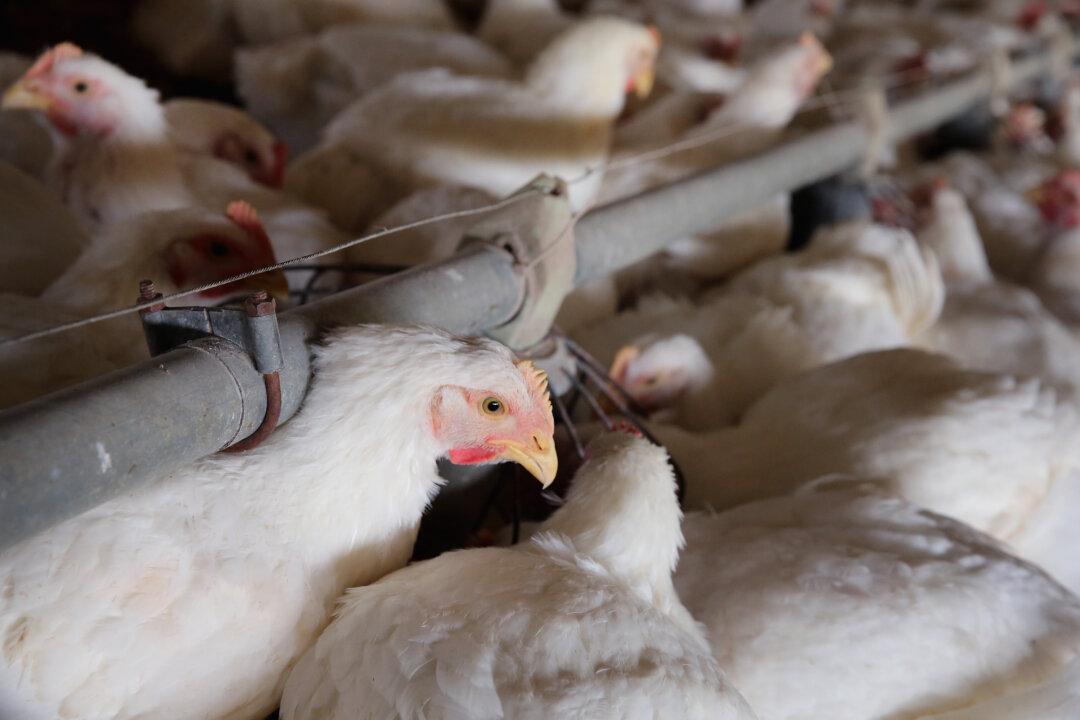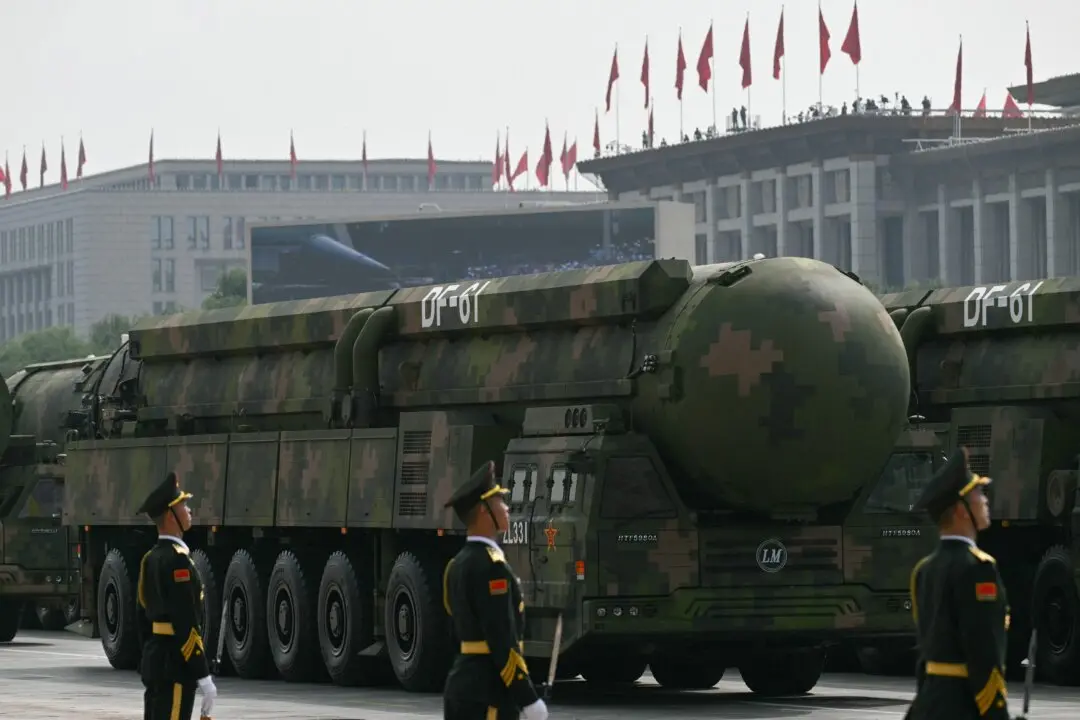The Biden administration is considering the mass vaccination of the poultry population in response to an ongoing outbreak of avian flu that has killed off millions of birds and has helped spike egg and poultry costs.
There are some existing vaccines for farm birds, but U.S. Agriculture Department spokesman Mike Stepien told The New York Times that no vaccination effort has been authorized and the department is unsure if the existing vaccines will be effective against the current strain of H5N1 bird flu. Erica Spackman, a researcher for the USDA’s Agricultural Research Service, told the newspaper that scientists are researching new vaccine candidates to help curb the ongoing bird flu outbreak.





